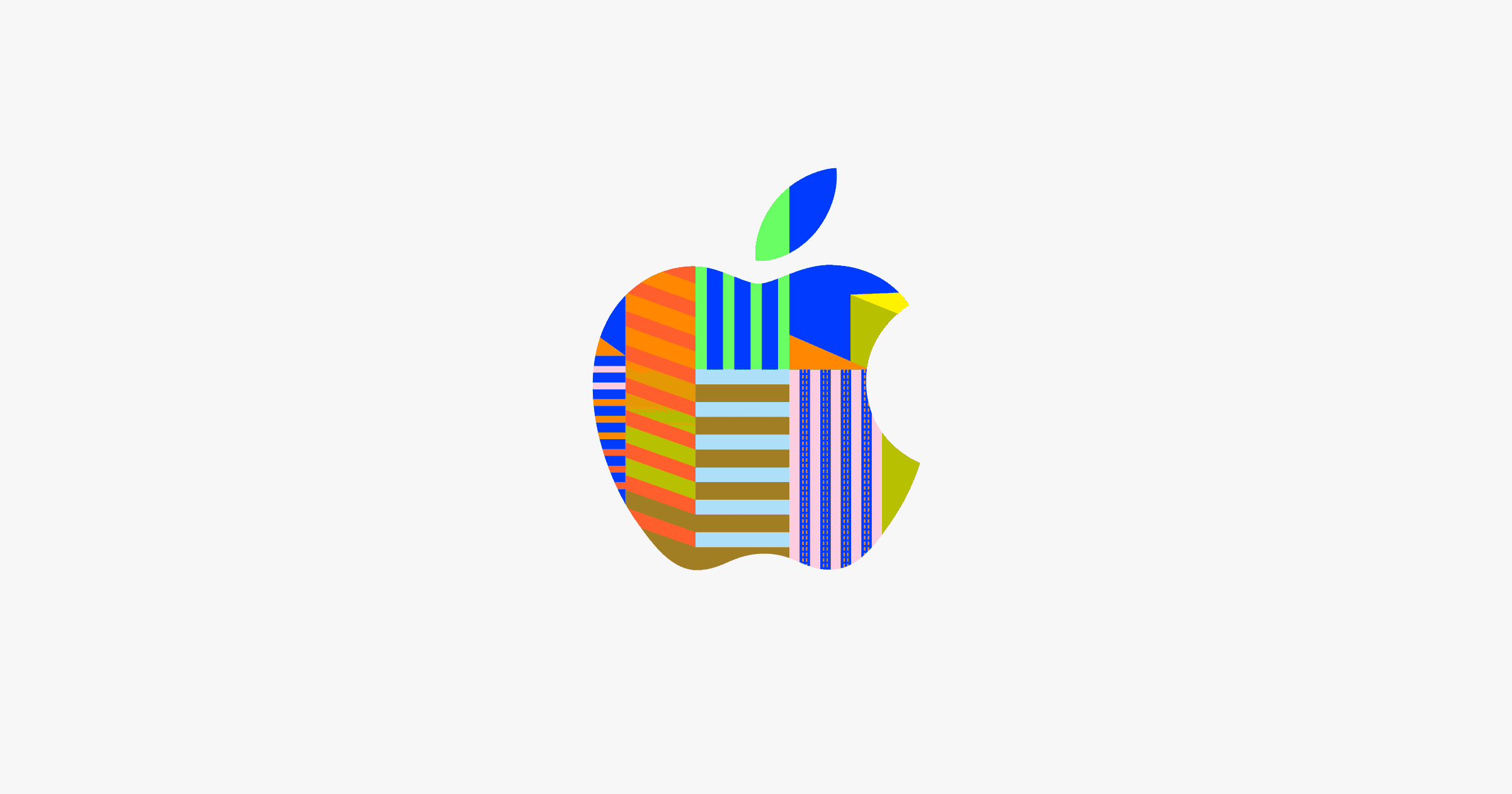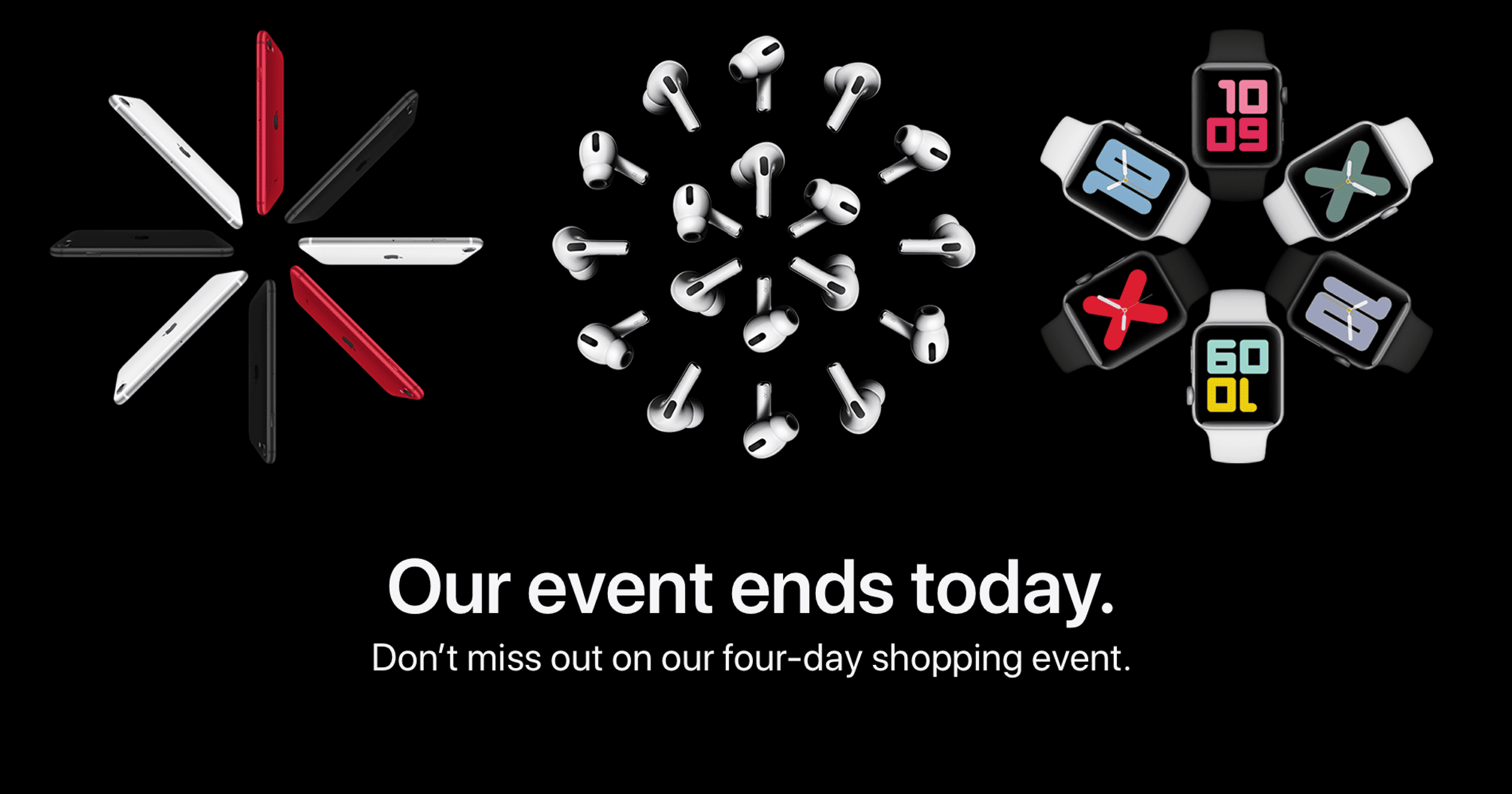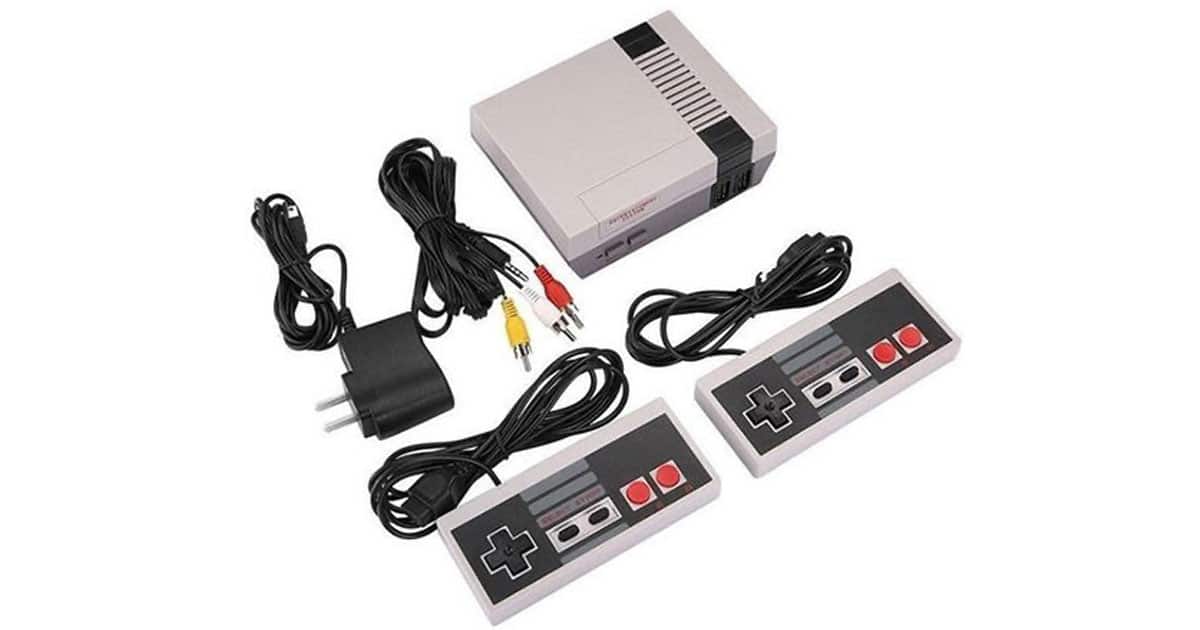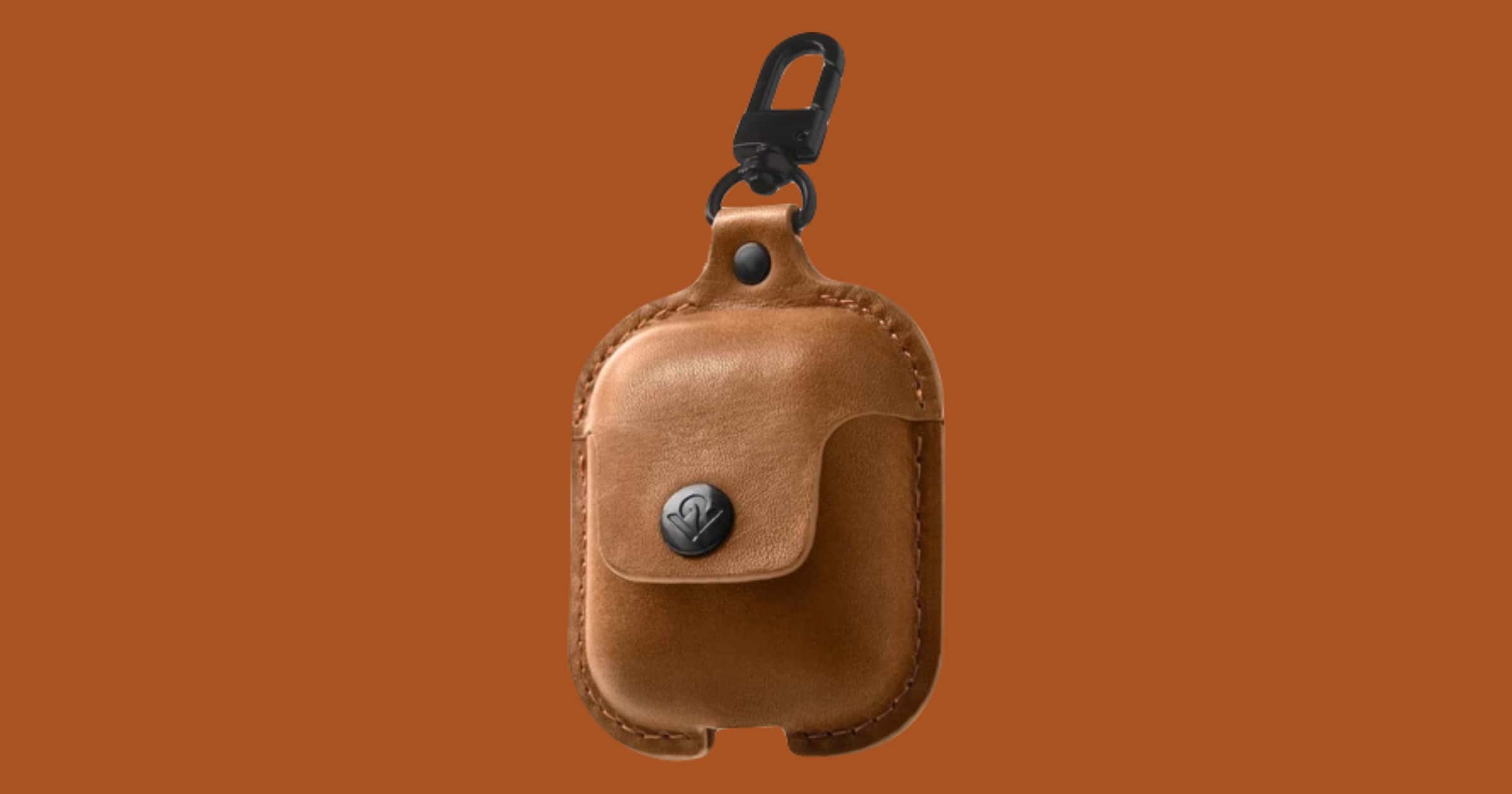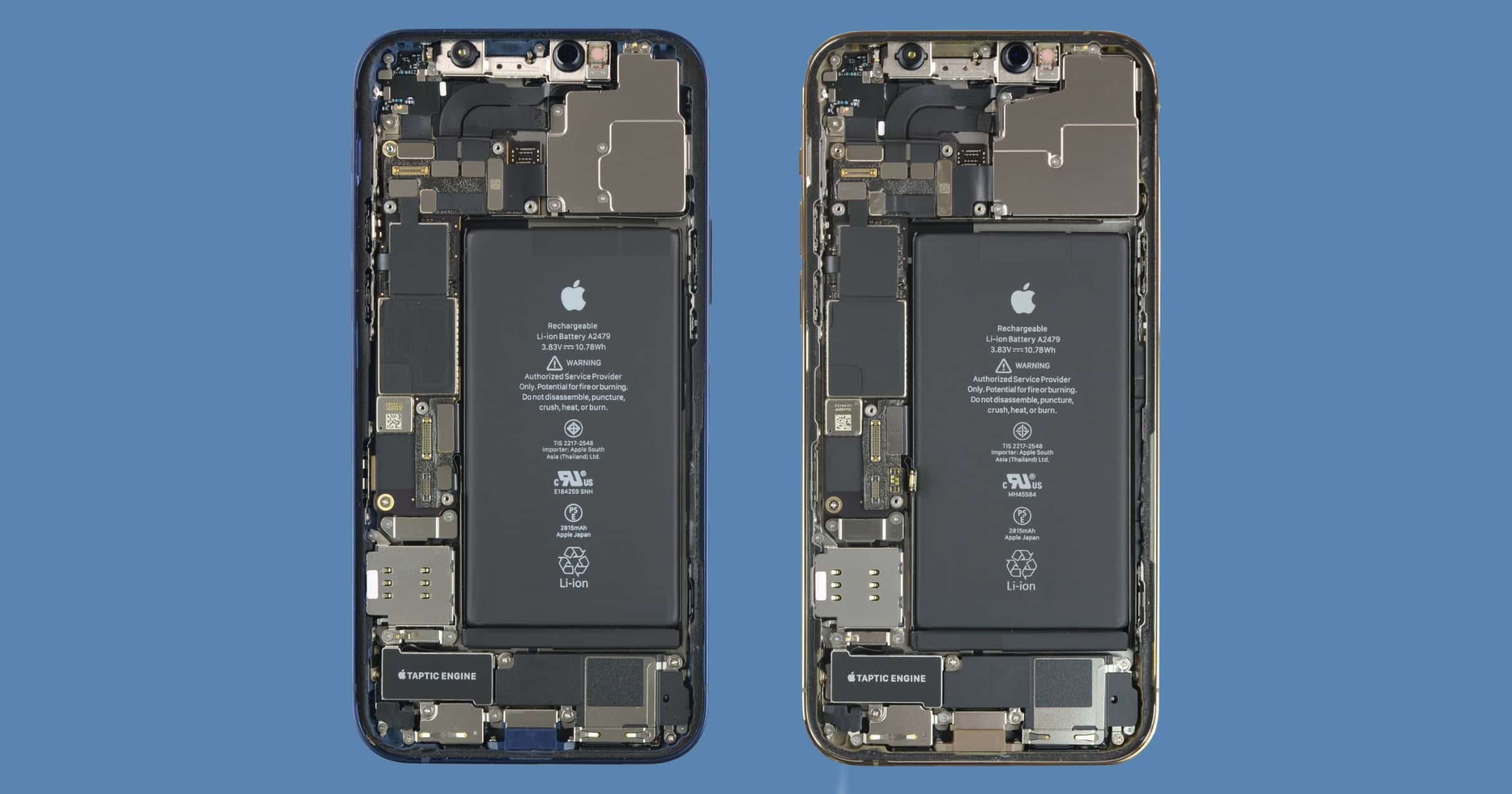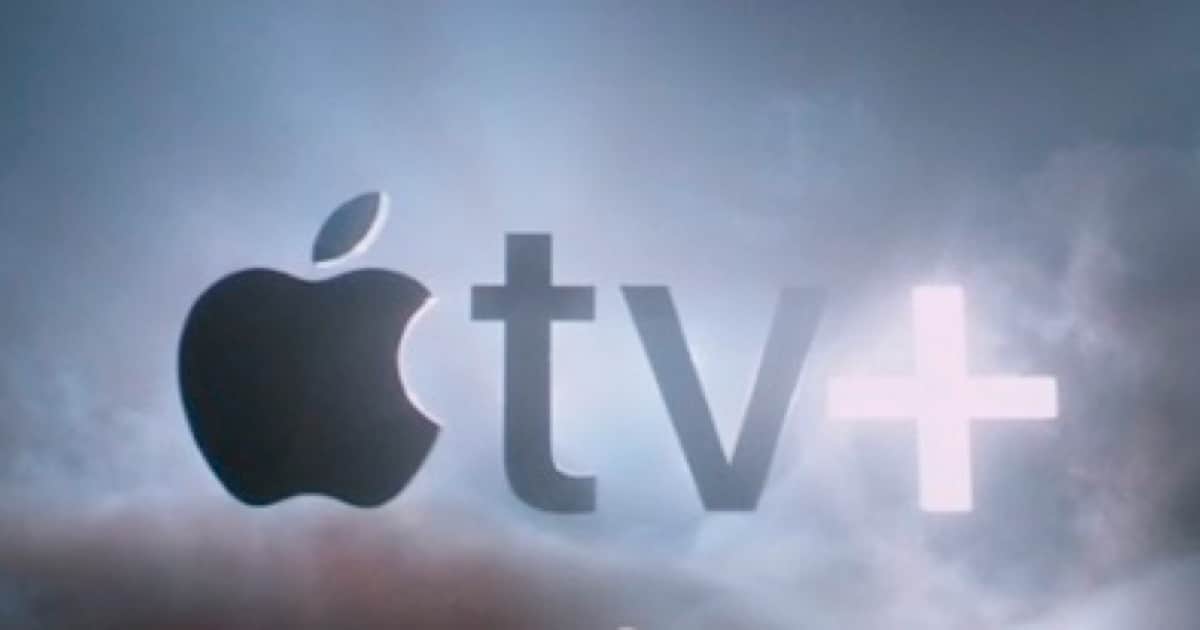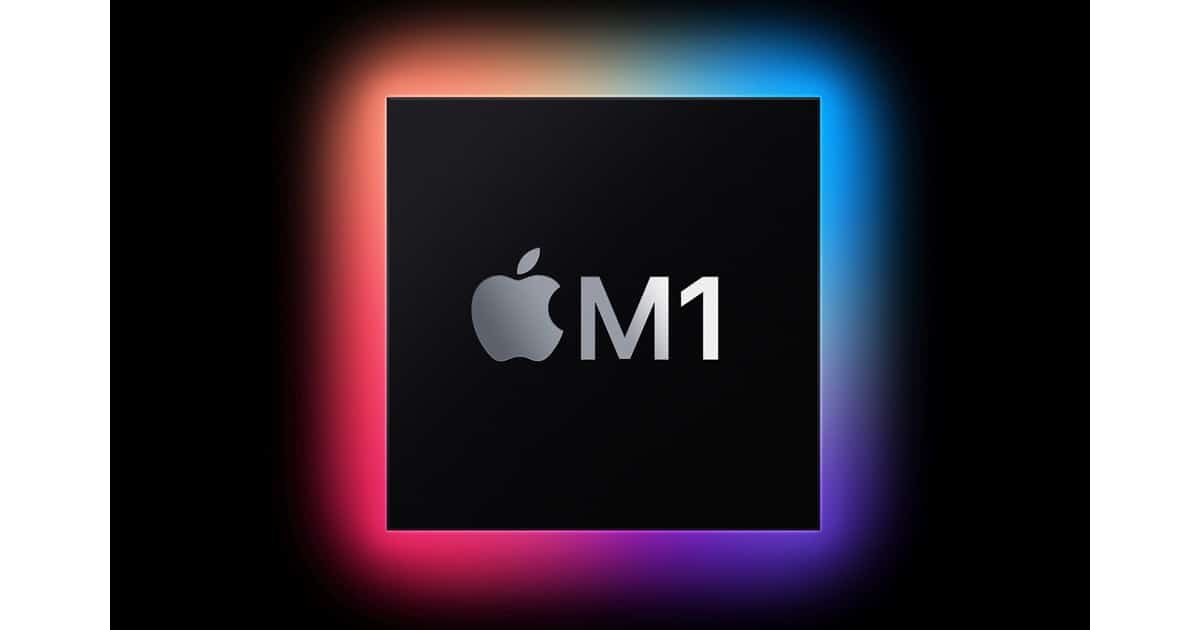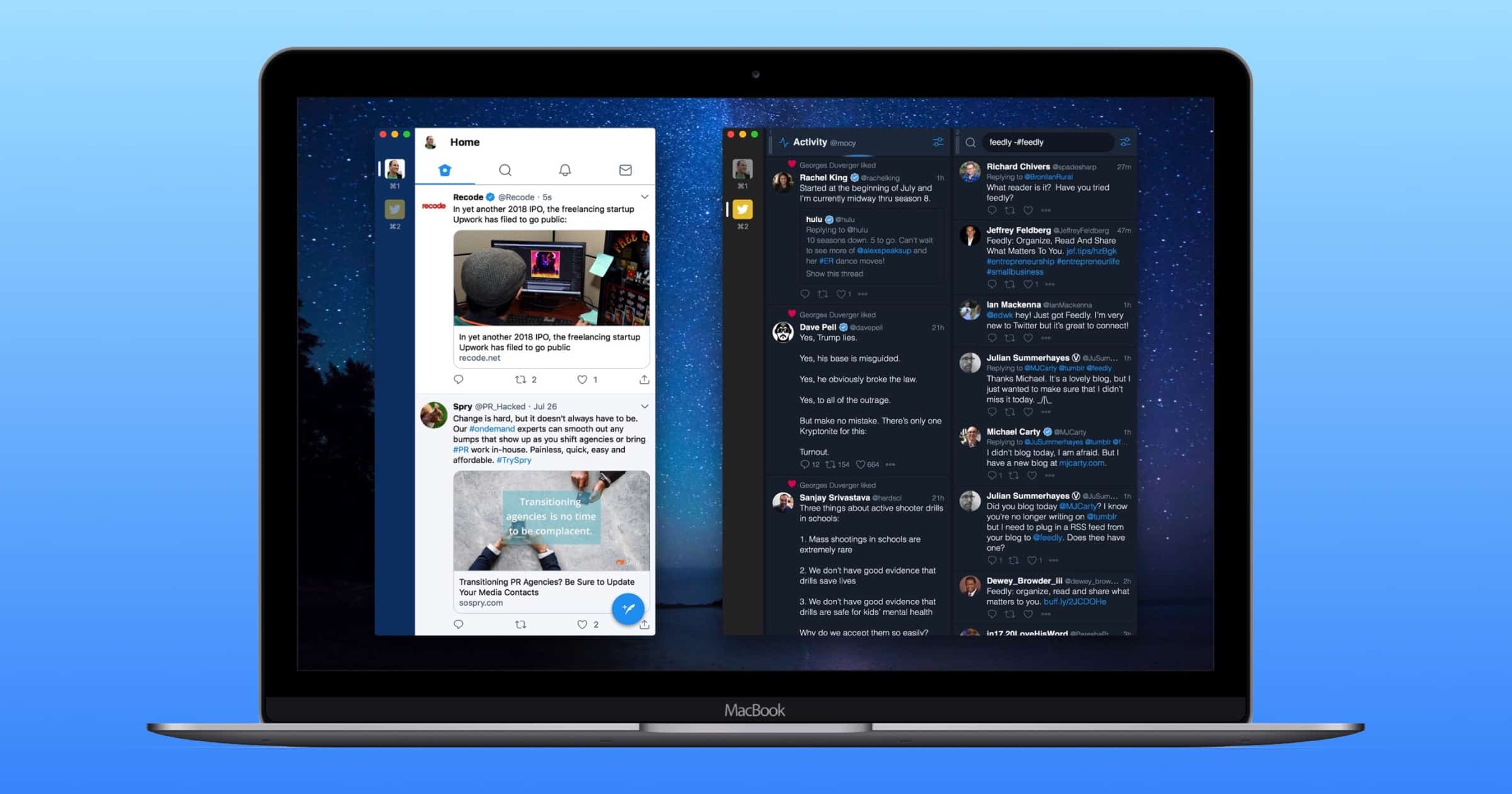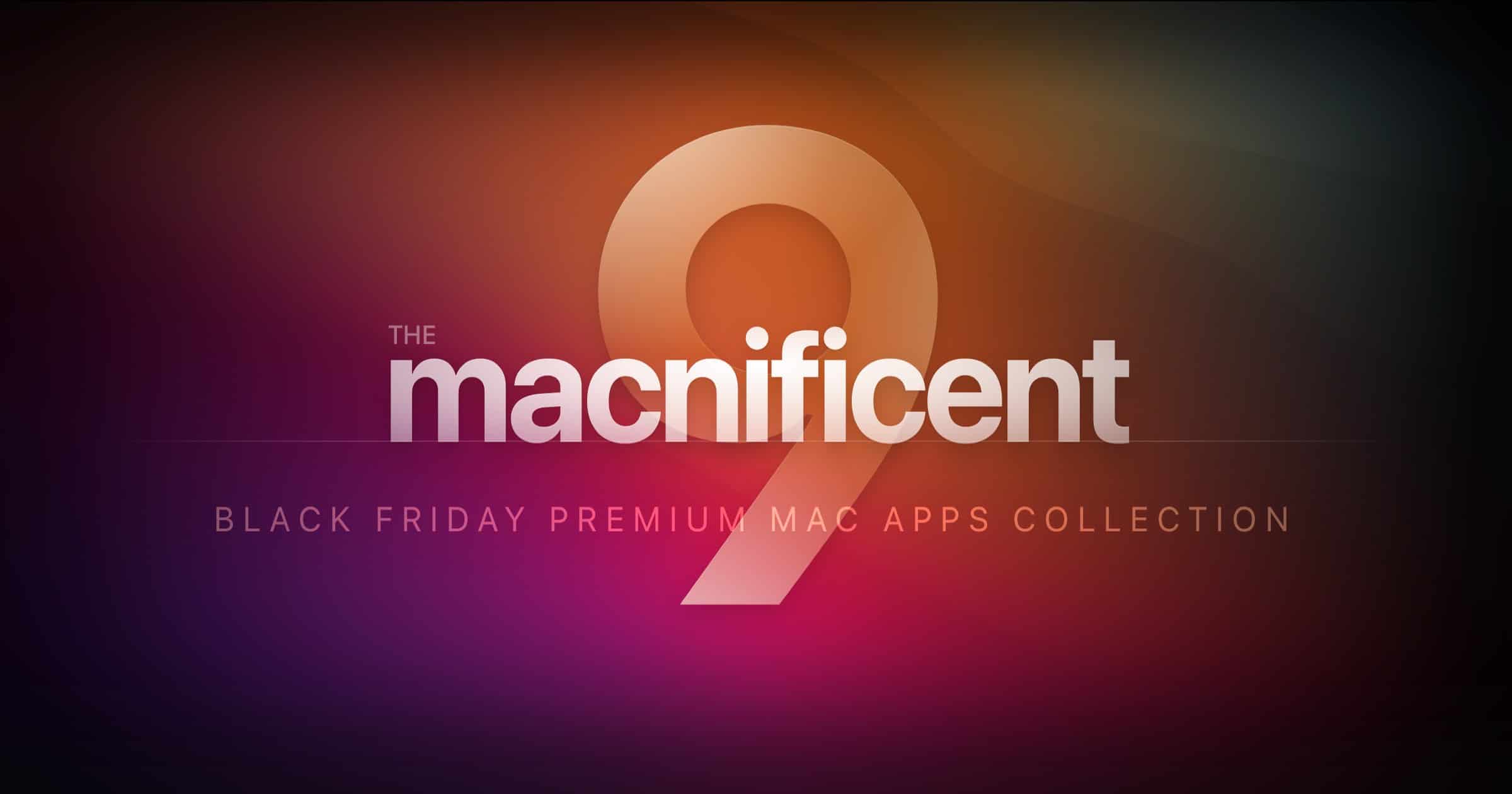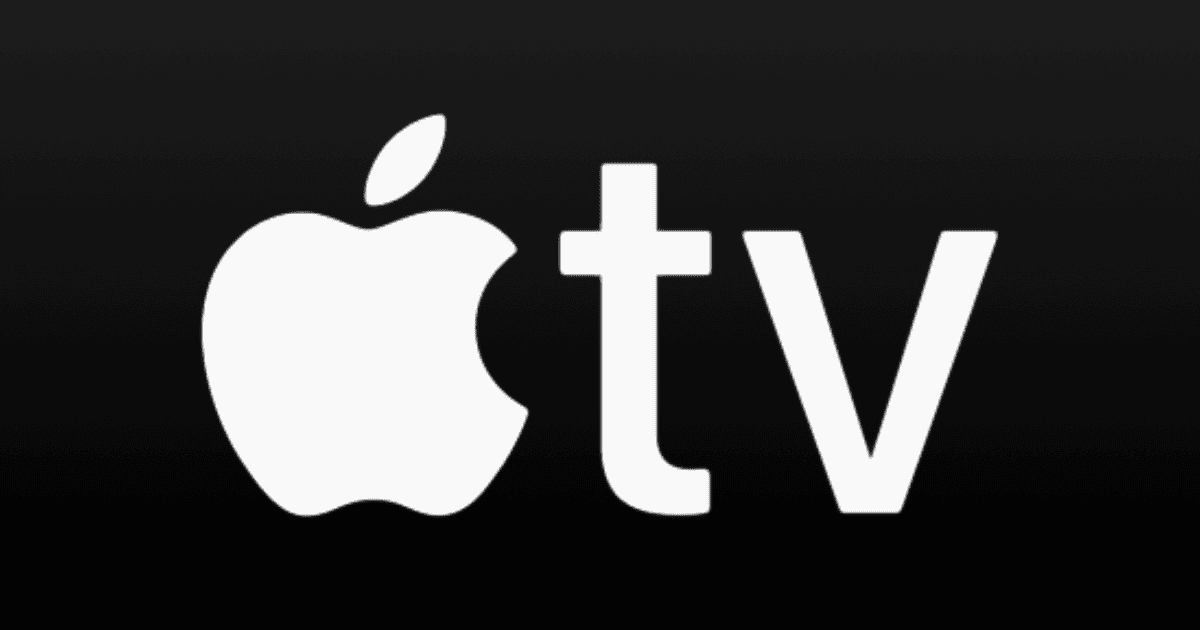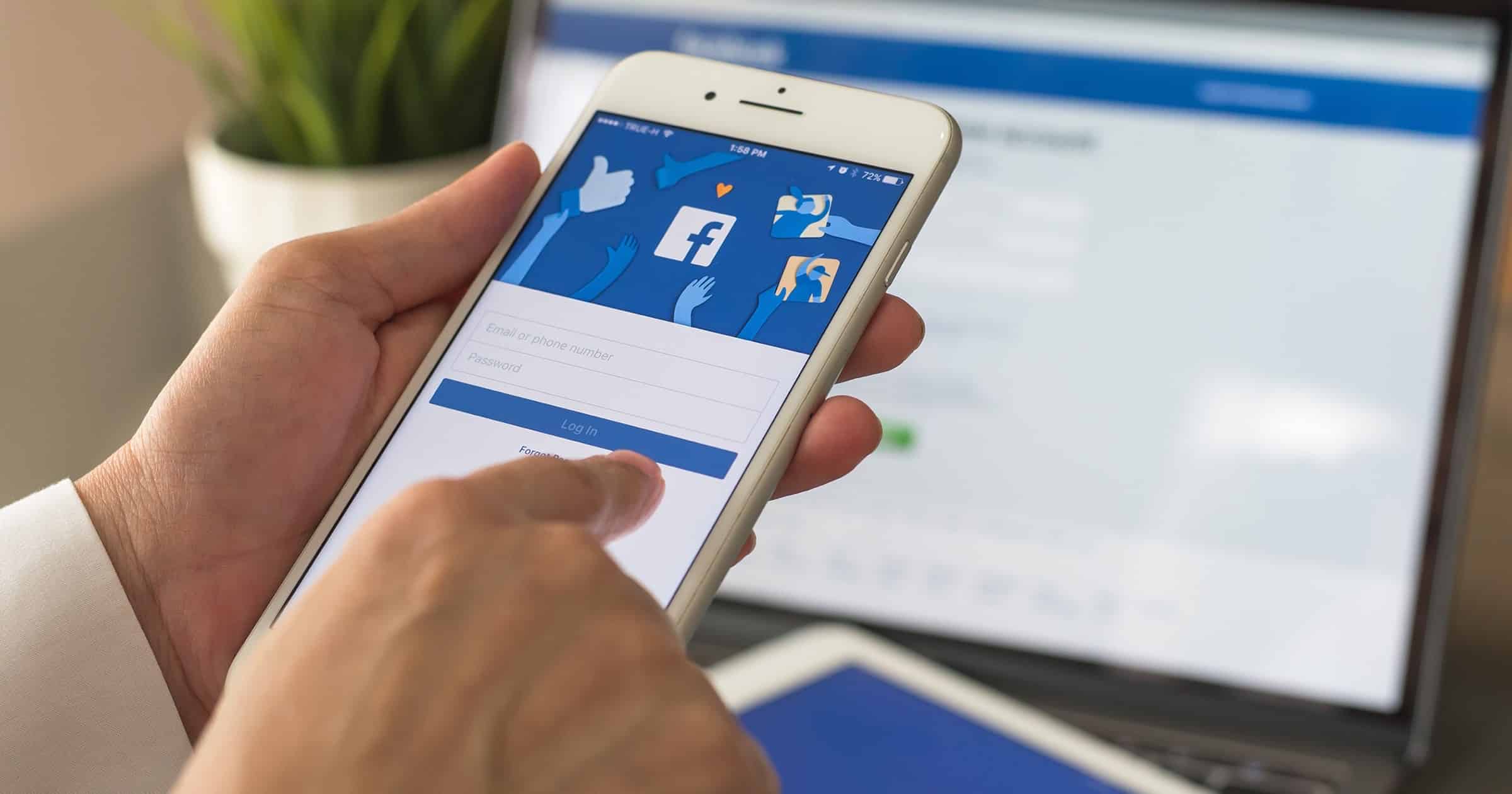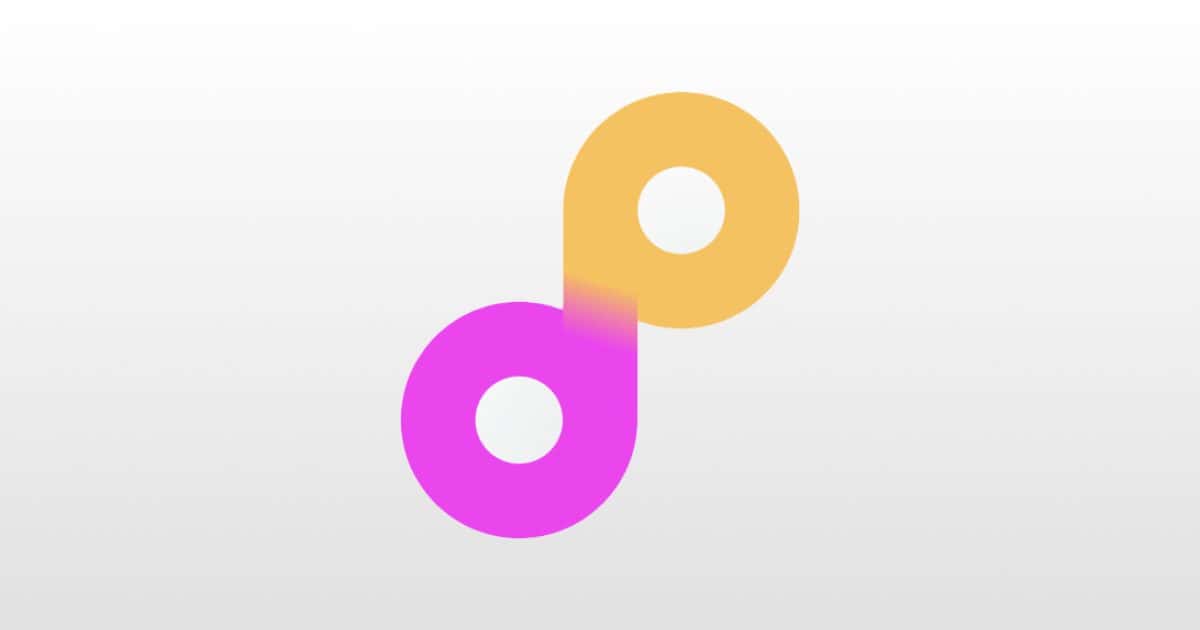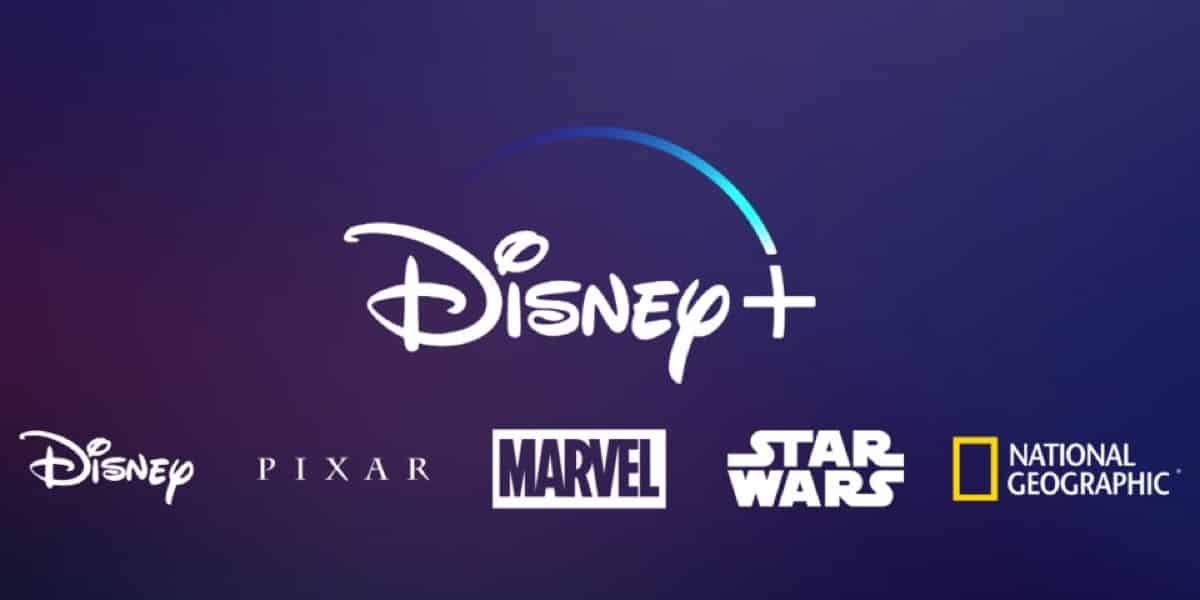The new Apple Store in South Korea, the company’s second in the country, is set to open soon. To celebrate, Apple has made new wallpapers for Macs, iPhones, and iPads available. Click on the link at the bottom of the outlet’s page and you can use it as the wallpaper for whichever device you’re on.
Apple Black Friday - Cyber Monday Shopping Event Closes Today - Offering Gift Cards Worth up to $150
Apple is offering gift cards worth up to $150 with the purchase of various products from Black Friday until Cyber Monday.
Quick Tips, Cool Stuff Found and Your Questions Answered: A Traditional MGG — Mac Geek Gab 846
There’s nothing wrong with enjoying the comfort of old traditions, and this week’s Mac Geek Gab has three of them for you: Quick Tips, Cool Stuff Found, and your questions answered. Press play and enjoy learning five new things as John and Dave, your two favorite geeks, steward us all through this week’s episode.
The Official Trailer for Mariah Carey's Apple TV+ Christmas Special is Here. It Might Just be What 2020 Needs.
I think we can all agree that we deserve a little bit of cheer towards the end of this year. Luckily, Apple TV+ and Mariah Carey have teamed up for a holiday special to help get us in the festive spirit. The trailer landed over the weekend and it’s… well…. exactly what you might expect! The show will be available from December 4, and TDO listeners will know that I am unreasonably excited about it.
Happy Thanksgiving 2020!
It’s Thanksgiving in the U.S., so that means The Mac Observer is taking Thursday and Friday off to celebrate the holiday. We’ll be back with our regular news, analysis, tips and podcasts on Monday, November 30th. We hope everyone has a great weekend, wherever you are in the world!
Retro TV Game Console: $35.95
We have a deal on a retro gaming console. It comes preloaded with 620 classic games and retro controllers. I’m linking to the version of the deal with AV outputs for $35.99. The deal listing also has a 2-pack option, and then options with HDMI outputs.
Apple Goes to Hollywood, With Tom Merritt - Media+
Charlotte Henry and her guests bring focus — and a little something extra — to discussions about digital media in today’s world. She is joined by Tom Merritt to discuss Hollywood’s excitement at the new M1 Macs and Apple’s potential purchase of Wondery.
How John Evelyn Created ‘The College Atlas’ Game for Apple Arcade
Developer John Evelyn created a hand-drawn, first-person shooting game for Apple Arcade called The College Atlas. In this interview he shares his story.
In broadly creative terms, and on a more positive note, there is a dizzyingly big market out there and the last 20 years have seen a huge diversification in terms of what kinds of games players will engage with. In decades gone by, I think I would have been laughed off the face of the Earth for my extremely low-poly approach – not to mention lack of scores or traditional narrative structure – but not now.
Apple Should Leave TikTok to The Experts - Its Users
Apple has had a TikTok account for a few months, now though it is starting to use it, initially to promote the iPhone 12 mini.
Twelve South Products on Sale for Black Friday 2020
Apple accessory maker Twelve South has officially announced its five-day-long Black Friday 2020 sale.
The iPhone 12 Pro Costs Apple $406 to Manufacture
In a teardown of the iPhone 12 Pro, an estimation of the device’s components suggest it costs about US$406 to manufacture.
First Look at 'Cherry' - Heading to Apple TV+ March 12
Cherry, directed by Anthony and Joe Russo and starring Tom Holland, will arrive in theaters on February 26 and on Apple TV+ on March 12. Vanity Fair got a first look at the upcoming feature.
“We do think about it as an epic film, and it is very much a person’s life journey,” said Anthony Russo. “But it does have a little bit of a split personality between being this character study and an epic life cycle.” They described Cherry as six movies in one, spanning from the mid 2000s to the present. “He travels a great distance over a 15-year period,” Joe Russo said. “The movie’s broken up into six chapters that reflect those different periods, and each one has a different tone. It’s shot with different lenses, different production design. One’s got magical realism. Another chapter is absurdism. Another is horror…There’s a bit of gonzo in it. It’s raw in its tone. He’s a character in existential crisis.”
Ming-Chi Kuo: Redesigned Apple Silicon MacBooks Launching H2 2021
Apple fans can look forward to Apple silicon-powered, redesigned, MacBooks in the second half of 2021, according to a note by Ming-Chi Kuo. The analyst’s note, seen by MacRumors, also suggested various other new devices are on the way.
Kuo did not specify which models these will be, but he previously claimed that redesigned 14-inch and 16-inch MacBook Pro models with Apple Silicon would launch in the late second quarter or third quarter of 2021… Kuo also expects third-generation AirPods to launch in the late second quarter of 2021… Last, Kuo predicted that the “new Apple Watch shipment’s momentum in 2021 will benefit from innovative health management functions and improved form factor design,” but it is unclear if he is referring to the Apple Watch Series 6’s new casing options like blue aluminum or to redesigned Apple Watch Series 7 models.
Twitter Client ‘Tweetbot’ Supports M1 Macs, macOS Big Sur
Tweetbot is a popular client for Twitter and the team recently updated it to support M1 Macs and macOS Big Sur.
Security Friday on Wednesday, Black Friday Deals – TMO Daily Observations 2020-11-25
Andrew Orr joins host Kelly Guimont to discuss Security Friday news (even though it’s Wednesday) and point out some Black Friday deals.
Watch 'A Charlie Brown Thanksgiving' For Free Via Apple TV
A Charlie Brown Thanksgiving was shown on November 22, but is still available, for free, via Apple TV.
Unclutter Launches ‘The Macnificent 9’ Black Friday Sale
The team behind Unclutter has launched a Black Friday app bundle called The Macnificent 9 with the sale lasting for three weeks.
We’re All Cyborgs and Didn’t Even Realize It
It’s certainly interesting to think about. Do smartphones count as “external brains?”Does wearing an Apple Watch make us a cyborg? Alex Hern examines the issue, although I disagree on one part: It’s definitely not an Apple-specific phenomenon.
Without us even noticing, Apple has turned us into organisms living symbiotically with technology: part human, part machine. We now outsource our contact books, calendars and to-do lists to devices. We no longer need to remember basic facts about the world; we can call them up on demand.
Read the article, then watch this TEDTalk from cyborg anthropologist Amber Case.
All the Devices That Support Apple TV
Apple TV is available on an increasing number of third-party devices, including televisions from major makers and the latest consoles.
Facebook Hit With Fine by South Korean Privacy Watchdog For Sharing User Data Without Permission
South Korea’s recently launched privacy watched has announced a $6.1 million for Facebook, Reuters reported. It said the social media giant shared millions of users’ data without their permission.
The country’s Personal Information Protection Commission, launched in August this year, said in a statement it fined Facebook after a probe found that the personal information of least 3.3 million of the 18 million Facebook users in Korea were provided to operators other than Facebook without their knowledge, from May 2012 to June 2018. When someone uses another operator’s service through Facebook’s log-in, the personal information of the user’s Facebook friends were provided to other operators without their consent, the commission said. The commission said it will refer Facebook Ireland Ltd, the recipient of the fine, to the country’s prosecution for a criminal investigation.
Robot Lawyer ‘DoNotPay’ Adds Tax Fraud to its Repertoire
DoNotPay is a machine learning service that provides a variety of services like canceling free trials, appealing parking tickets, and more.
You May be Able to Connect Six External Displays to Your M1 Mac
Some users noticed the new M1 Macs seemed to be able to support fewer external displays than their Intel-powered predecessors. Well, YouTuber Ruslan Tulopov has found a way to connect up to six.
HomePod Mini Delivery Times Slipping to January Across Europe
Those in Europe wanting a new HomePod mini this Christmas may well be disappointed, with delivery times slipping into January.
How Disney+ Could Change How we Watch Movies
With cinemas closed around the world, filmmakers have been forced to rethink how to release their features. As Gizmodo notes, Disney+ is helping its parent company navigate the issues, and the change could be long term.
Key to building on the success of Disney+ and its growing subscriber base is new and exclusive content. It’s not hard to imagine Disney might tap its slate of yet-to-be-released feature films to help bring in new subscribers given how things are looking in the U.S. right now—which is to say, not great. While Disney was tight-lipped about the success of its Mulan release through Premier Access, data from Sensor Tower estimated that app installs of Disney+ between Google Play and the App Store rose by 68% during a three-day period when Mulan hit the service over the same three-day period the week prior, while in-app spending also rose 193% that week.
